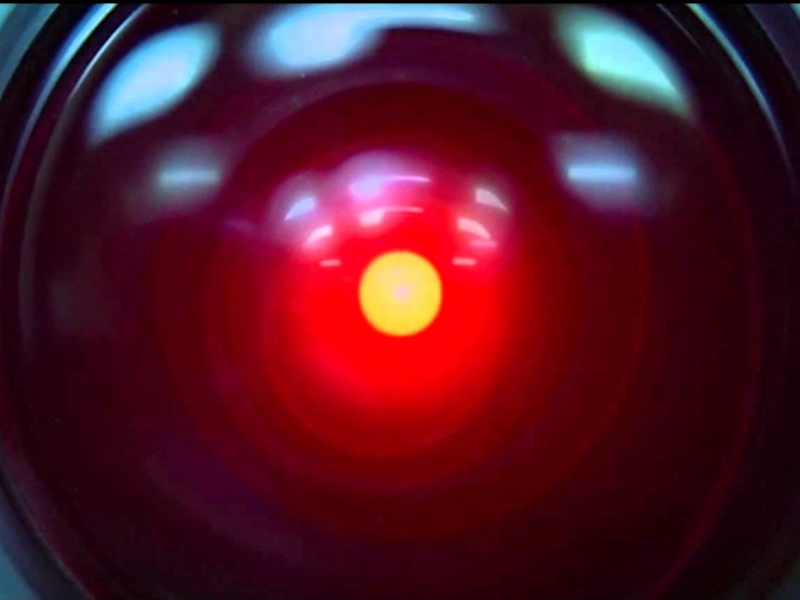TL;DR
- The European Union is reconsidering its artificial intelligence (AI) regulations.
- The EU’s AI Act, introduced last year, aimed to regulate AI risks but is now being revised due to industry pressure and changing geopolitical dynamics.
- The revision process may lead to simpler rules and reduced administrative burdens for companies.
Introduction
The European Union’s landmark artificial intelligence rules, barely a year old, are undergoing a significant revision. The EU’s AI Act, introduced to regulate AI risks, is being reworked to simplify existing rules and minimize administrative burdens for companies. This shift comes as the US urges Europe to ease regulation and Brussels aims to boost competitiveness through AI.
Background and Context
The EU’s AI Act was initially designed to be a historic moment in regulating artificial intelligence, with a focus on keeping the nascent technology in check. However, much has changed since its introduction, with the new US administration urging Europe to go easy on regulating AI. The EU Commission, led by tech chief Henna Virkkunen, is now exploring ways to simplify existing rules while maintaining the AI Act’s main goals.
According to Politico, the Commission is looking into the “administrative burden” and considering “some reporting obligations [that] we could cut.” This shift in approach is seen as a response to industry pressure, with Big Tech lobby groups and companies arguing that too much regulation would kill competitiveness.
Implications and Future Directions
The revision of the AI Act has significant implications for the future of AI regulation in Europe. As noted by Christoph Lütge, if done well, this will be in the interest of the EU’s competitiveness while reinforcing, not undermining, ethical standards.
However, civil society groups are pushing back against deregulation, and key lawmakers are voicing concerns about diluting safety measures. The outcome of this revision process will be closely watched, as it may set a precedent for AI regulation globally.
Conclusion
The European Union’s decision to rework its AI rulebook marks a significant shift in its approach to regulating artificial intelligence. As the EU navigates the complexities of AI regulation, it must balance the need for competitiveness with the need for safety and ethical standards. The outcome of this revision process will have far-reaching implications for the future of AI in Europe and beyond.
References
[^1]: Pieter Haeck (April 9, 2025). “EU opens door to reworking AI rulebook“. Politico. Retrieved April 20, 2025.
[^2]: @nvondarza.bsky.social (April 9, 2025). “Good. In a fast moving space like AI the EU or any regulator should be able and willing to adapt its rules quickly.“. Bluesky. Retrieved April 20, 2025.
[^3]: European Parliament (February 19, 2025). “EU AI Act: first regulation on artificial intelligence“. European Parliament. Retrieved April 20, 2025.


